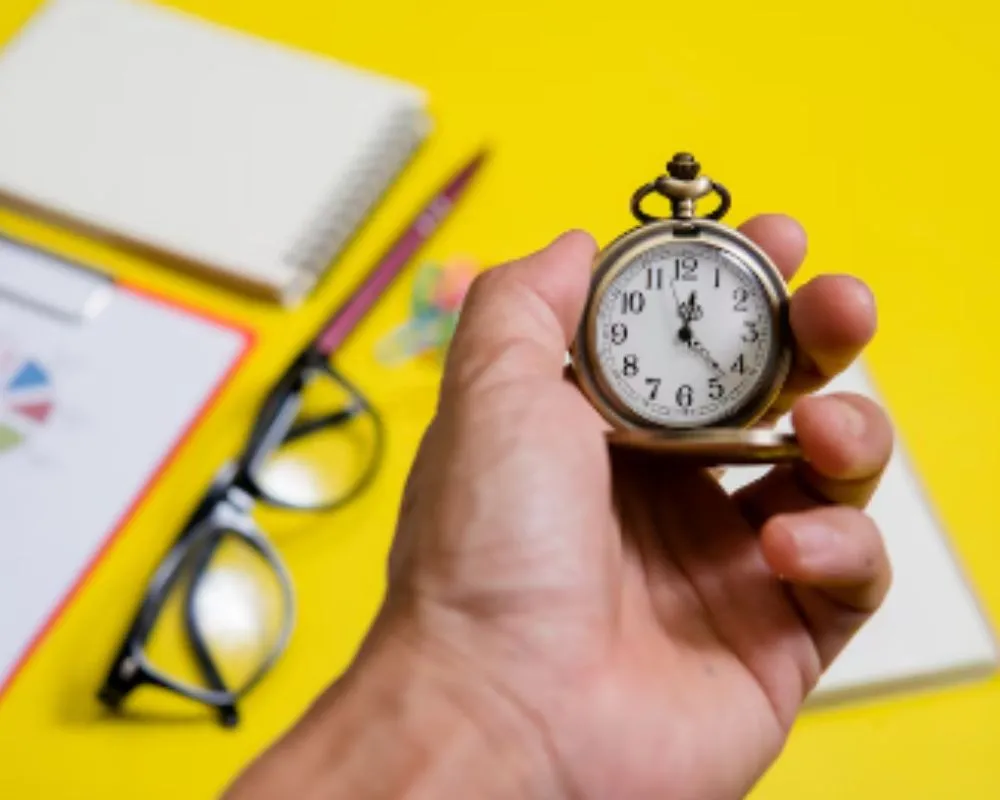Organizing your day doesn’t mean stuffing every minute with tasks. It means making room for what really matters, reducing noise, and bringing clarity to how you spend your time. When your day has structure, you gain focus, peace of mind, and even more free time. In this article, you’ll find simple, effective, and realistic tips to organize your day better.
Understand your current routine
Before changing anything, get to know your real daily habits. Take one day to write down how you truly spend your time — no filters. From the moment you wake up until you go to sleep. Include breaks, distractions, social media, everything.
This helps you identify:
- Where your time is leaking
- What hours you are most productive
- What kinds of tasks drain your energy
With this clarity, you can start designing a routine that actually works for your lifestyle.
Focus on priorities, not just a task list
One common trap is writing endless to-do lists. That usually leads to frustration. Instead, pick 3 to 5 main tasks each day — the ones that truly matter.
Structure them like this:
- 1 must-do, high-priority task
- 2 desirable (but not urgent) tasks
- 2 bonus tasks (if there’s time left)
This method reduces overwhelm and gives you a clear sense of accomplishment.
Use time blocks
Break your day into blocks. For example:
- 8 AM – 10 AM: deep focus (key tasks)
- 10 AM – 11 AM: lighter tasks
- 11 AM – 12 PM: emails or meetings
- 2 PM – 4 PM: creative work or production
- 4 PM – 5 PM: review or next-day planning
This strategy, known as time blocking, is used by highly productive people. It protects your focus and eliminates the stress of deciding “what’s next” all the time.
Tackle hard tasks first
Start your day with the most challenging or mentally demanding task. This is often called “eating the frog,” based on Brian Tracy’s book Eat That Frog.
Early in the day, your energy and focus are stronger. Don’t waste that golden time on email or social media.
Plan the night before
Spend 5 minutes before bed writing down the main tasks for the next day. This helps you wake up with purpose instead of confusion.
Pro tip: write it by hand. It strengthens memory and focus.
Insert mini transitions between tasks
After finishing a task, don’t jump straight into the next one. Take a 2–5 minute pause: breathe, stand up, drink water. These micro-breaks help reset your brain and keep it alert.
They also create clear mental boundaries between parts of your day.
Use what works: digital or paper
It doesn’t matter if you prefer notebooks, planners, Google Calendar, or Trello. The best tool is the one you actually use.
Test different options, but choose something simple and sustainable.
Schedule rest too
Real productivity includes rest. Plan real breaks, lunch without screens, and quiet moments.
Without rest, your focus drops — even if you’re technically “working.”
Learn to say “no” wisely
Being organized also means protecting your time. This includes saying no to unnecessary meetings, tasks that aren’t yours, or invites that don’t align with your goals.
You don’t need to be rude — just clear and respectful.
Closing with clarity: organize your day to live better
Organizing your day is a practical way to protect your mental health and improve your life. It’s not about doing more — it’s about doing what matters, with intention and presence.
Start with small, doable changes. Over time, these habits form a stronger, lighter, and more enjoyable routine. And remember: organization should serve your life, not control it. Adjust it, try things out, and find your own rhythm.
You may also like:
- Trump threatens to sue Trevor Noah over Epstein joke at Grammys
- Australian woman dies after becoming snagged in ski lift in Japan
- BBC at Oslo court ahead of Crown Princess’s son’s rape trial
- Ghana suspends citizenship process for people of African descent
- Israel reopens Gaza's key Rafah border crossing with Egypt
Source:
This article was developed based on proven productivity strategies like Time Blocking, Eat That Frog by Brian Tracy, cognitive behavioral tools, and time management advice from experts such as Cal Newport and David Allen.

